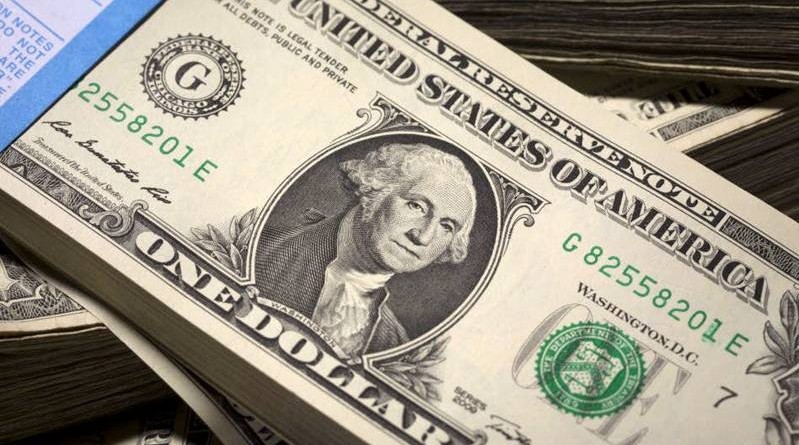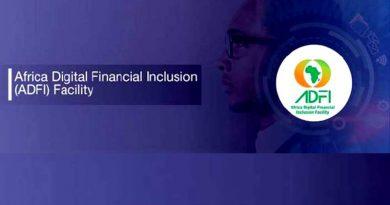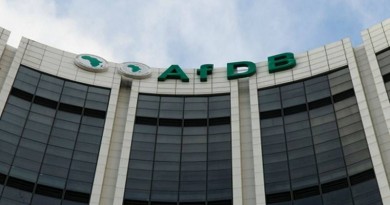You can No Longer Use Your GTBank Naira Mastercard for Dollar Payments and for International Transactions
Effective December 31, 2022, all GTBank Naira Mastercard cannot be used for any dollar denominated payments and for any international transactions and remittances.
The bank today sent out a message to its customers informing them of this development. This is coming on the hills of the continued scarcity of foreign exchange and cost of the Naira vis a vis other currencies. It will be recalled that a few years ago customers could transact up to $2,000 monthly using their Naira denominated Mastercard. As the economy worsened and foreign currencies became scarce and the Naira continued to lose its value, the limit of transactions with Naira cards was scaled downwards to $500, then to $200, then to $100, then to $20 and next to about $10 and now it is completely zero as per the notice from the bank.
It should be noted that the CBN has said that from 2023, it will stop selling forex to commercial banks and they would have to source forex on their own and sell to their clients. With Nigeria’s import dependency syndrome and the over reliance on oil earnings for the much desired forex in the economy, watchers are guessing the impact this is going to have on the economy. The CBN has long now stopped selling forex to bureau de change operators. Besides, the policy of Dollar for Naira to encourage Diaspora Nigerians to remit more forex inwards does not seem to have had the desired level of impact.

This notice and development occurred at the same time that the bank said it will stop accepting Mastercard for international online and point-of-sale transactions starting on December 31, 2022. Customers must consequently obtain dollar cards in order to conduct foreign purchases.
Other banks in the country are equally adopting similar stance with their Naira denominated payment cards. At the moment, the maximum one can get from UBA is $10 per month with the use of Naira cards
The challenge in using Dollar cards is that customers must buy the foreign currencies at the black market which is far more expensive, about 70% – 80% more expensive in comparison to the non-available official forex rate of the CBN available through the Naira cards. Besides, in using the Dollar cards, customers incur more charges at the banks, and must open domiciliary accounts and or buy Dollar cards from the banks.
As at December 30, 2022, while the official exchange rate of the Naira from the CBN is N449/$, the black market or parallel exchange rate hovers between N748 -N770/$ depending on the location and the parties involved. The official Naira exchange rate from the CBN lost about 28% value in 2022 alone as the economy and the Naira succumbs to market forces and as the CBN is unable to meet forex demand from citizens.
The situation got so worse towards the middle of the year that foreign airlines were unable to repatriate their proceeds, a situation that led to many reducing flights from Nigeria and some asking for air tickets purchases in Dollars.
Four years ago the Central Bank promised it was going to close the gap between the official and parallel exchange rates and eventually merge the two. Unfortunately, this is far from being the case as the gap between the two continues to widen and run out of control. To achieve this, it has had to fight bloggers who publish daily forex exchange rates, accusing them, in particular Abokifx.com, of sabotage. It also turned attention to Bureau De Change Operators (BDCs), accusing them of hoarding and sabotage and eventually banning them from the official forex window. These measures have had no impact on improving the image of the Naira and thus questioning the CBN’s economic diagnosis and policy measures.





Pingback: Zenith Bank suspends use of Naira cards for International Transactions - BusinessTrumpet News